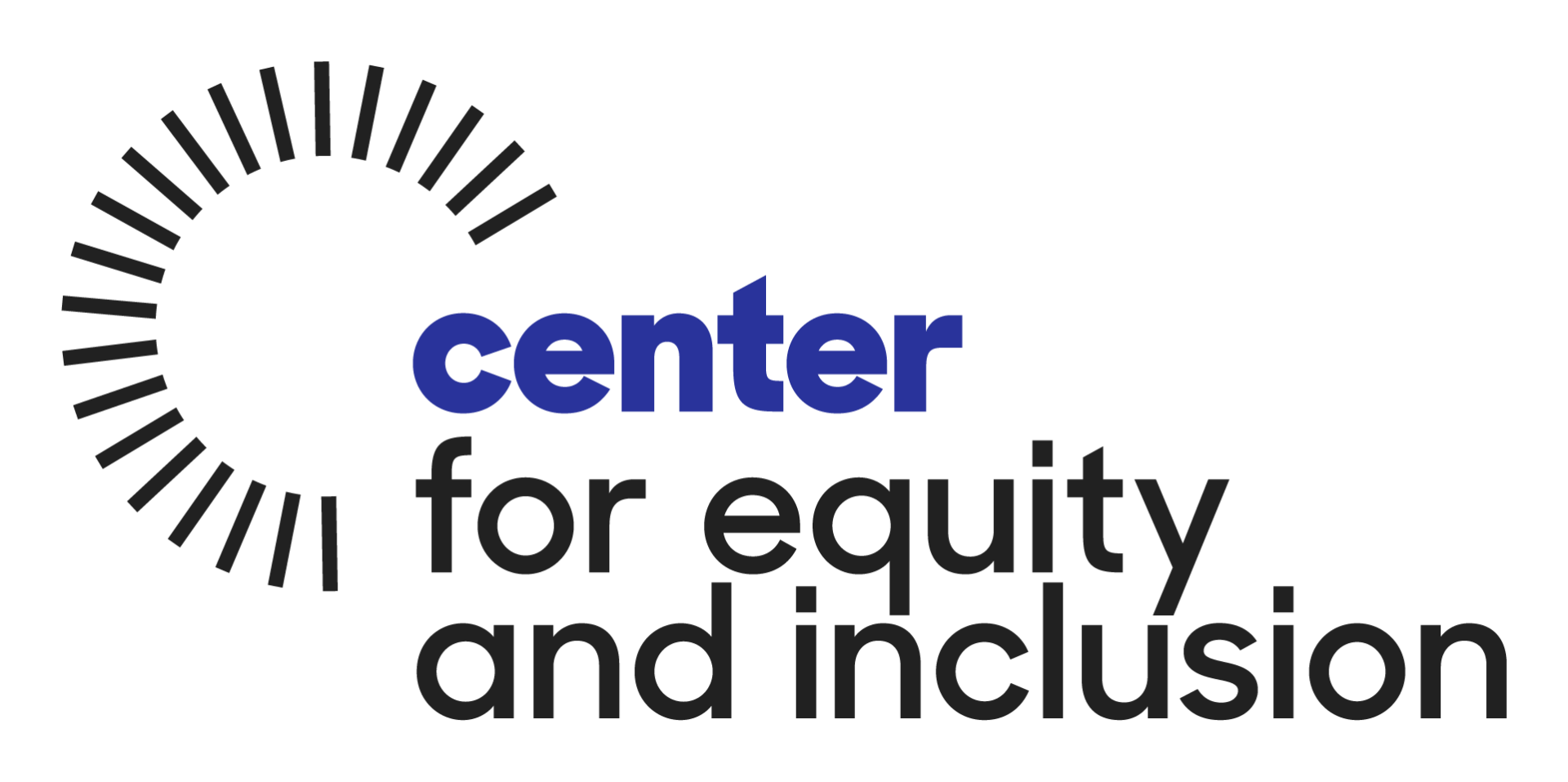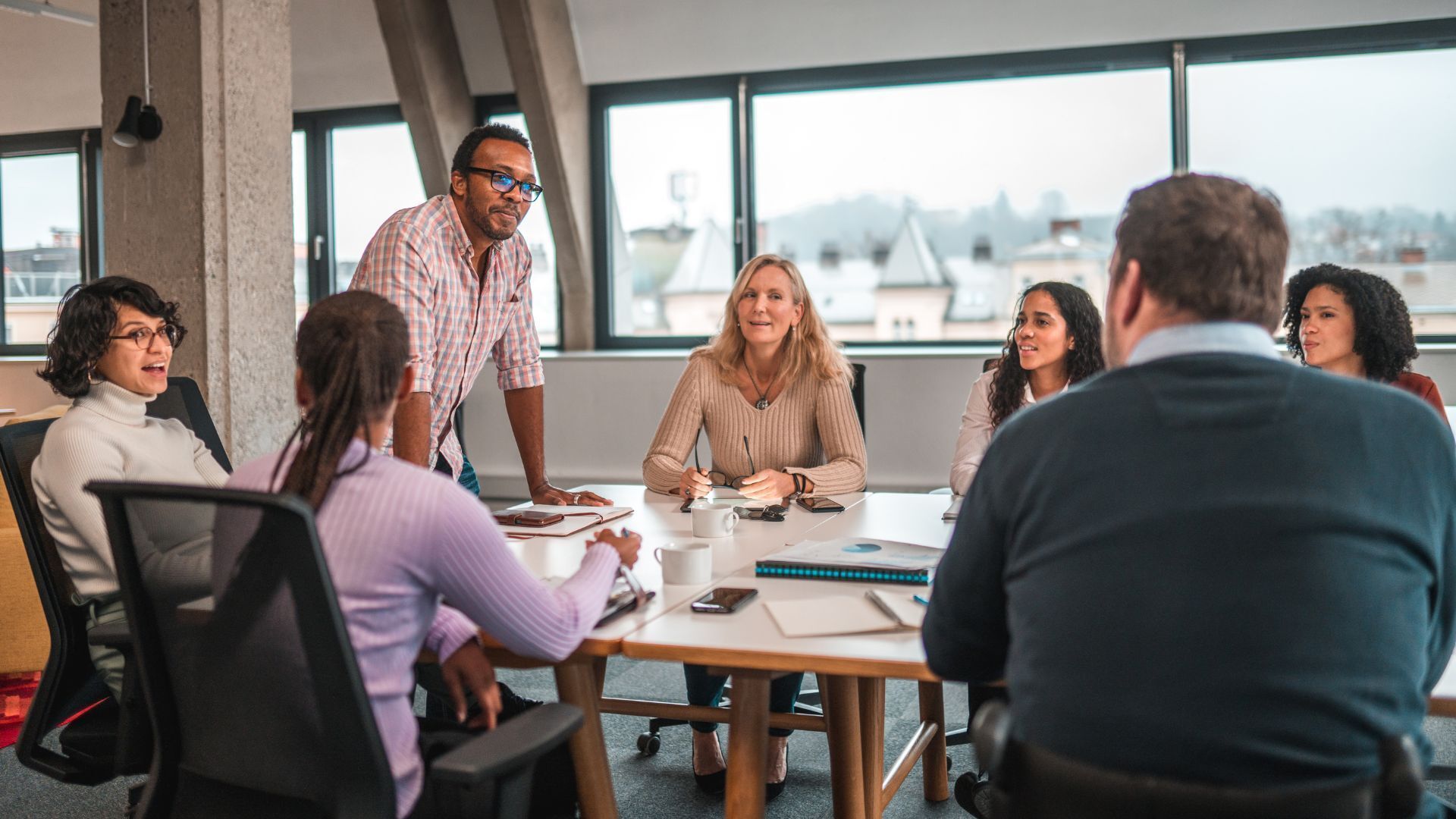“Immigrants are the relentless architects of possibility. They don’t just adapt to a new home, they enrich it, expand its horizons, and transform it into something even greater.”
This deficit-driven mindset focuses on how newcomers must "catch up" or "fit in," labeling their differences as obstacles rather than opportunities. Immigration is framed as a burden, with questions about costs, adjustment, and infrastructure dominating the narrative. But what if we flipped the narrative entirely?
The Narrative Shift We Need
When immigrants’ stories are written through a lens of deficit thinking, we sideline the incredible contributions they bring to the table. We build systems that reflect assumptions about their “burden” rather than creating frameworks rooted in possibility and empowerment. This isn’t just an oversight; it’s a continuation of systems built on white supremacy and cultural exclusion, systems that go unchallenged when the focus remains on adapting individuals instead of transforming structures.
But consider this shift in perspective. What if we spoke about immigration through the lens of empowerment? What if we focused on contributions, possibilities, and the enrichment that comes from diverse views and backgrounds? Immigration is not a nicety for the U.S. it’s a necessity. It fuels innovation, strengthens industries, and connects us to a broader, global perspective. Rather than being something to manage, it’s something to celebrate.
As Mellody Hobson said in her TED Talk Color Blind or Color Brave,
“Embracing diversity is not a nicety. It's a necessity. It’s the engine of innovation.”
This powerful statement perfectly captures the undeniable truth: immigrants aren’t liabilities to be managed; they are assets to be celebrated.
Today, it’s time we shift the narrative and fully understand the contributions immigrants make not just as individuals, but as contributors to our shared success.
Fueling Growth: Immigrants at the Heart of American Progress
- Immigrants make up 17% of the U.S. workforce but represent over 40% of Fortune 500 company founders. Companies like Amazon, Google, Tesla, and eBay were all started by first-generation immigrants. That’s not a drain, that’s growth.
- More than half of U.S. patents are filed by individuals born abroad. Behind each patent is an idea that could change lives and shape industries.
Deficit thinking stifles all of this potential. It reinforces barriers instead of building pathways. And that hurts everyone.
The Transformational Power of Immigrant Contributions:
You don’t need to look far to see the impact of immigrants in every corner of American life. Students like María Piñeda, a first-generation Mexican American, embody leadership and resilience daily. Acting as cultural translators, María and others like her help bridge vital language and understanding gaps for their peers and local communities. Beyond academics, such experiences build adaptability, empathy, and problem-solving skills.
The business world tells a similar story of success. Founders like:
- Luis von Ahn of Duolingo, making education more accessible worldwide.
- Payal Kadakia of ClassPass, revolutionizing how we stay active.
- Hamdi Ulukaya of Chobani, bringing quality, innovation, and ethical leadership to the food industry.
- Reshma Saujani of Girls Who Code, broadening representation in tech.
Each of these entrepreneurs didn’t just build businesses; they reshaped industries and inspired new possibilities for others.
The contributions of immigrants aren’t confined to flashy headlines or multimillion-dollar businesses. They show up every day in classrooms, research labs, hospitals, neighborhoods, and boardrooms across the country. Immigrants propel the drive to cure cancer, develop sustainable solutions for global challenges, and enrich our collective culture with new ways of seeing, experiencing, and understanding the world.
Why it’s Time for Empowerment
Reframing the narrative around immigration isn’t just about fairness; it’s about progress. By moving away from deficit thinking and toward empowerment, we position ourselves to fully leverage the strengths that immigrants bring to society.
For businesses, this means creating workplaces that actively celebrate and integrate diverse perspectives. For communities, it means fostering belonging and collaboration. And for individuals, it means recognizing that our shared humanity is the foundation of our greatest achievements.
How Can You Help Shift the Narrative?
- Hiring Practices: Re-examine your hiring policies and practices through an intentional inclusion lens embedding equity at every stage, from recruitment to onboarding
- Share positive stories: Highlight immigrant contributions, whether that’s within your organization, community, or industry.
- Advocate for change: Speak out against discriminatory policies that perpetuate deficit thinking and impede progress.
- Start Conversations: Ask your team questions like, “What unique perspectives can we bring into this project?” or “What can we learn from other cultures to improve our processes?”
The more we talk openly about the value immigrants bring to the table, the more we normalize conversations of empowerment and opportunity.
A Call to Action
The truth about immigration is simple: It’s not a problem to solve; it’s a strength to nurture. When we celebrate diversity, we create a ripple effect of growth, innovation, and connection that benefits everyone.
What changes can you make today to foster a culture of inclusion and empowerment? Whether it’s within your workplace, your community, or even around your dinner table, your efforts make a difference.



